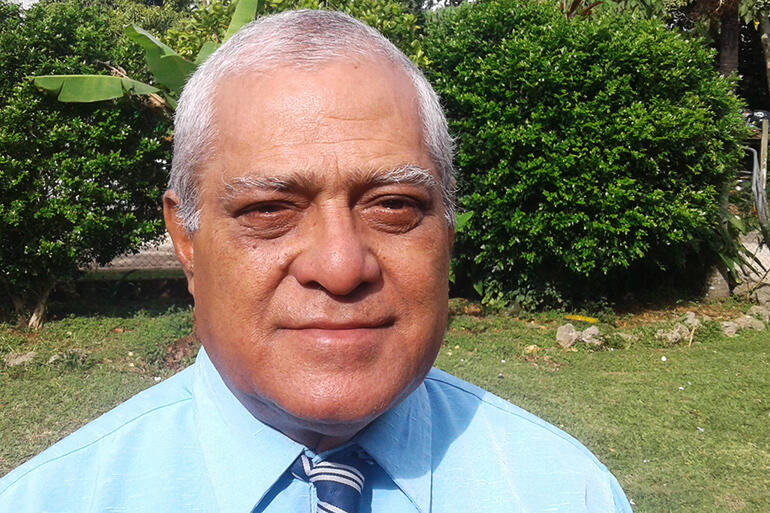
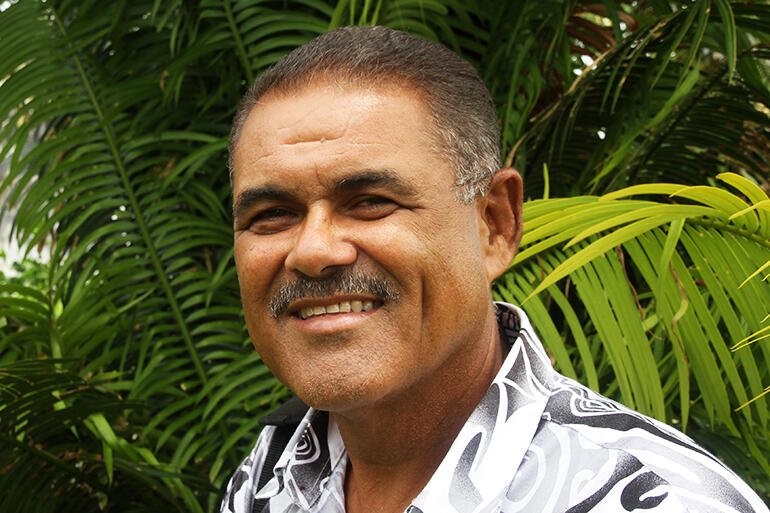
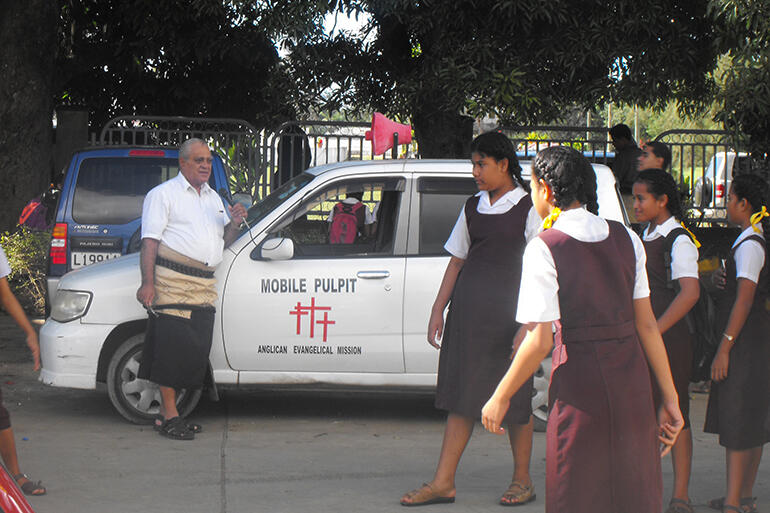
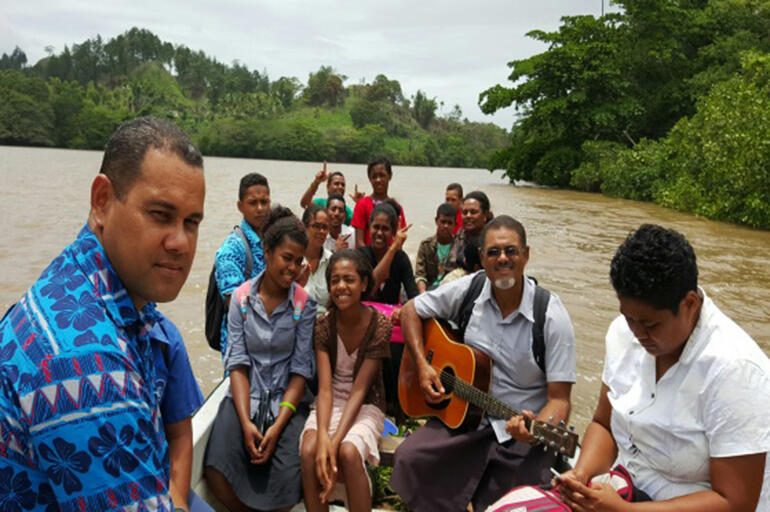
The Archbishops have announced the election of two bishops for the Diocese of Polynesia.
They are the Rev Dr ‘Afa Vaka – who will become the first bishop of the newly-constituted episcopal unit of Tonga – and Archdeacon Henry Bull, who is to become the next bishop in Vanua Levu and Taveuni in Fiji, and will succeed Bishop Api Qiliho, who retires this year.
Archbishop Winston Halapua, who is the diocesan Bishop of Polynesia, says he is “more than delighted” to make the announcement.
Fr ‘Afa Vaka’s election as Tonga’s first constitutionally-mandated bishop is the fulfilment of long-held desires among Anglicans in Tonga for a greater level of autonomy within the Diocese of Polynesia, and for greater manain their kingdom.[1]
His election follows the decision taken by the Diocese of Polynesia synod in May to establish the Archdeaconry of Tonga as an episcopal unit.
A flower blooming
Having a bishop of Tonga’s own, says Bishop-elect ‘Afa, puts the Anglican Church “up on another level.”
That new and more visible position will bring recognition, he says – and mean a great deal to faithful Tongan Anglicans who live in the world’s only constitutionally-Methodist monarchy.
“For us,” he says, “it’s like a flower blooming. Or a bird that has begun to fly.’
‘Afa Vaka, who is now the Vicar of St Barnabas, Mataika, was born in July 1950, and comes from a family with deep Anglican roots – four members of the Vaka family have been priested, and two more will be ordained soon.
He is a man who has remade himself over and again: as a builder, teacher, parent, principal and a priest.
‘Afa graduated from St Andrew’s High School (Tonga’s Anglican college) as head boy in 1970 – and immediately returned to help out as a volunteer woodwork teacher. He left St Andrew’s for good in 2002, stepping down as principal after 32 years’ service to the school.
Along the way, he’d picked up formal qualifications in woodwork and industrial arts from Waikato and Christchurch Technical Institutes – he set up an industrial arts department at the school – and reeled in his Bachelor of Education from the University of the South Pacific.
‘Afa’s building skills were there for the wider church, too. When Cyclone Isaac struck Tonga in 1982, for instance, he helped rebuild Holy Trinity Anglican Church in the Ha’apai group of islands.
Costly sacrifice
In the late 1980s St Andrews was going through a grim time: numbers had dropped below 200, and the school was in imminent danger of foundering, or being taken over by the Government.
The school’s Board of Governors then asked ‘Afa, as acting principal, to further trim salary costs by cutting two teachers from its already-stretched 13-member staff.
But ‘Afa and his late wife Seini[2] felt those moves would torpedo the morale of the remaining teachers.
So they hatched a plan: Seini would head to the USA to work as a live-in caregiver – and she’d send a chunk of her wages to ‘Afa.
‘Afa’, in turn, would pay his principal’s salary to the two staff whose jobs were in jeopardy.
‘Afa and Seini battled on in this way for five years, with ‘Afa serving not only as principal, but as both mum and dad to their five young children. The school has come back from the brink, too – today the roll is over 400, and its Anglican character is intact.
By 1993 ‘Afa felt the worst of the school crisis was over, and began part-time study towards a Master’s in Divinity from Tonga’s Faith Seminary, which he completed in 2002.
He’d long felt the call to ordained ministry, and in 2003 he took up a scholarship to St John’s College in Auckland. He was ordained a deacon at ‘Ofa ki he Laumalie Ma’oni’oni Anglican Church in Otahuhu (Holy Trinity Otahuhu) later that year, priested the following year, and graduated with his Auckland Bachelor of Theology in 2005.
On his return to Tonga in 2006 ‘Afa was appointed Enabler for the Anglican Training Centre, where he oversaw ministry training and formation for clergy and lay leaders, and set up a Nuku’alofa-based programme for at-risk youth.
In 2009 he completed a doctorate through Faith Seminary and since 2010 he’s served full-time as priest-in-charge of St Barnabas Church in Mataika.
Zeal, plus innovation
Archbishop Winston says that Bishop-elect ‘Afa has a zeal and passion for evangelism – which he expresses in innovative ways.
For the last two years, for instance, Fr ‘Afa has broadcast weekly sermons on Tongan radio – “and in this way,” says Archbishop Winston, “he connects to the people in the hospitals, and remote areas.”
He’s not afraid to preach in hostile places, either.
For years, Tonga has been plagued by outbreaks of violence after school rugby matches.
‘Afa’s response?
He’s fitted a loudspeaker to the roof of his car, and had the words: ‘mobile pulpit’ sign-written on his car doors.
He regularly heads out into the highways and byways to spread the word – and when trouble breaks out between the schools, Bishop-elect ‘Afa steers straight onto the front line, grabs his microphone, and begins preaching.
“My heart is warm,” says Archbishop Winston. “I can’t think of any other bishop in the world who would do that.
“But that’s ‘Afa. I salute him.”
‘Afa Vaka will be ordained and installed as Bishop in Tonga on September 17 at St Paul’s Nuku’alofa.
“Be a leader in your own context”
Vanua Levu and Taveuni’s new bishop-elect is a kailoma,a Fijian word for a person from families which descend from the first European settlers and iTaukei (Indigenous Fijian) women.
In Henry Bull’s case, those connections are very close: his father is an Australian, and his mother was the daughter of a Chinese dad, and an iTaukei mum.
Henry was born in 1956, and grew up in and around Dreketi, in the remote interior of Vanua Levu, Fiji’s second island.
Lots of people born in that territory leave, never to return – but the three years Henry spent at St John’s College from 2006 to 2008 were the longest he’s ever spent away from his home turf.
He can’t wait to get back to the koroof his region – and to Holy Cross Dreketi, which is the church he helped build and now pastors, and which is recognised as one of the most vibrant in the diocese.
His love of his people, and that territory, is such that he’s asked Archbishop Winston if he can base himself there as a bishop.
“I praise God for that,” says Archbishop Winston. “That’s what we mean when we say: Moana leadership. Be a leader in your own context.”
He says Henry’s election is crucial “because we don’t have any specialists in rural ministry: leaders who can speak with a deep, deep heart of love to the seafarers, to the coastal fishing people and to the lonely people in the interior.
“Henry has such a big heart – and I just love the fact that he’s going to be a bishop, so people can see a bishop who models that love.”
Country singing
Church might be everything to Henry now – but it didn’t make much impression on him as a kid.
Neither did school. So at the age of 15, Henry signed on with Bull Brothers, the logging and sawmilling company his Aussie grandad had established, and headed into the bush.
It was in the logging camp that he had an encounter that changed everything for him.
“There was this brother… he came from the saw millers to select logs for veneering.
“He was a very good country singer, and in the evening he’d join us around the kava bowl.
“He would sing to us. Then he started telling us stories from the Bible…
“And we were like little children.
“Dad got the shock of his life when the foreman ordered a stack of Bibles for us.
“This man put a chart on the wall where he talked about how ‘God is holy, man is sinful – but God didn’t leave us in a mess’. And for the first time I saw what Jesus did for me on the cross.
“He invited us to say a prayer: ‘Lord, I trust you. I believe what you did for me…’
Henry prayed that prayer – and when he woke the next morning “everything I saw was beautiful. And I had such a love for people.”
He was ravenous, too.
“I had this hunger… I just wanted to know more about this wonderful God, and what Jesus did for me.
“I was searching so much that I asked one of the priests: ‘Reverend Sanegar[3], can you explain this to me? Because I’m so hungry.’
“He was a wonderful, humble man. And he said: ‘Henry? I can’t answer all your questions right now.
“But don’t worry about that.
‘Because Henry, what I want to tell you is that God is calling you.’
Bleeding to death…
That was in 1985. But by the time of the 1987 coup, Henry had backslidden.
That’s when he almost ripped his leg off with a chainsaw. He was deep in the bush, in grave danger of bleeding to death.
“When I had that accident the first thing I thought was: ‘Jesus, I thank you that you still love me.’
“All of a sudden, I wasn’t afraid to die.”
Somehow, Henry pulled through. He headed back to church, too – and never looked back.
In those early days, whenever opportunity arose, he’d grab his guitar and sing. Share his testimony. Lead meetings and pray for people in their homes. Reach out in whatever way he could.
So in 1991, Bishop Jabez Bryce licensed him as a lay evangelist.
In the 1990s, Henry – who was a director of Bull Bros by now – led the building of the Church of the Holy Cross.
In 1998 SOMA sponsored him to attend a missions’ conference in London, and that’s when he sensed God was calling him to quit his job, and move into full-time pastoral ministry.
His dad gave him his blessing to do that – and in 1999 Henry was ordained as a deacon, serving at Holy Cross, on a stipend that was a fraction of the salary he’d let go.
“I said to God: ‘What about my children?
“And I sensed Him saying: ‘When I call you, I look after you.’
“Don’t put me on a pedestal!”
Henry was ordained to the priesthood in 2000, made an archdeacon in 2008 – and as bishop, he’ll be guided by the Church of the Holy Cross mission statement: “The church understands total ministry as a people gathered to be a ministering community, rather than a community gathered around a minister.”
“I say to people: ‘please, when I become a bishop, please,don’t put me on a pedestal – because you’ll destroy me.’ It’s not about me. I’m just there for leadership.”
“In my time as bishop,” he says, “my dream is to see each person know the love of God.
“Because in my life, I’ve seen that it’s only when we understand how much love God has for us… it’s only then that we can reflect that love. We love because he loved us first[4].”
Henry is married to Alumita. They gave birth to four children, adopted another two – and over the years, they’ve opened their home to dozens more.
Henry will be ordained and installed as the Bishop in Vanua Levu and Taveuni in December.
#
[1] Tonga has had two resident Anglican bishops before – but not had a bishop as-of-right.Bishop Alfred Willis came to Tonga in 1902 – but only after the USA had annexed Hawaii, and he was forced to relinquish his leadership there. Then, in 1960s, Archbishop Winston’s father, The Rt Rev Fine Halapua, was appointed an assistant bishop in Tonga, under the authority of the Diocesan Bishop of Polynesia. But he retired in 1977, and that episcopal arrangement came to an end.
[2] Seini Vaka died in 2010.
[3] Rev William Sanegar.
[4] 1 John 4:19







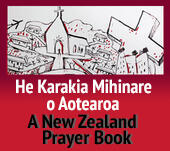



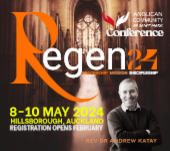
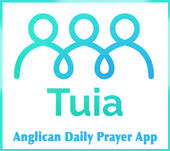

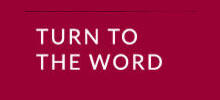


Comments
Log in or create a user account to comment.